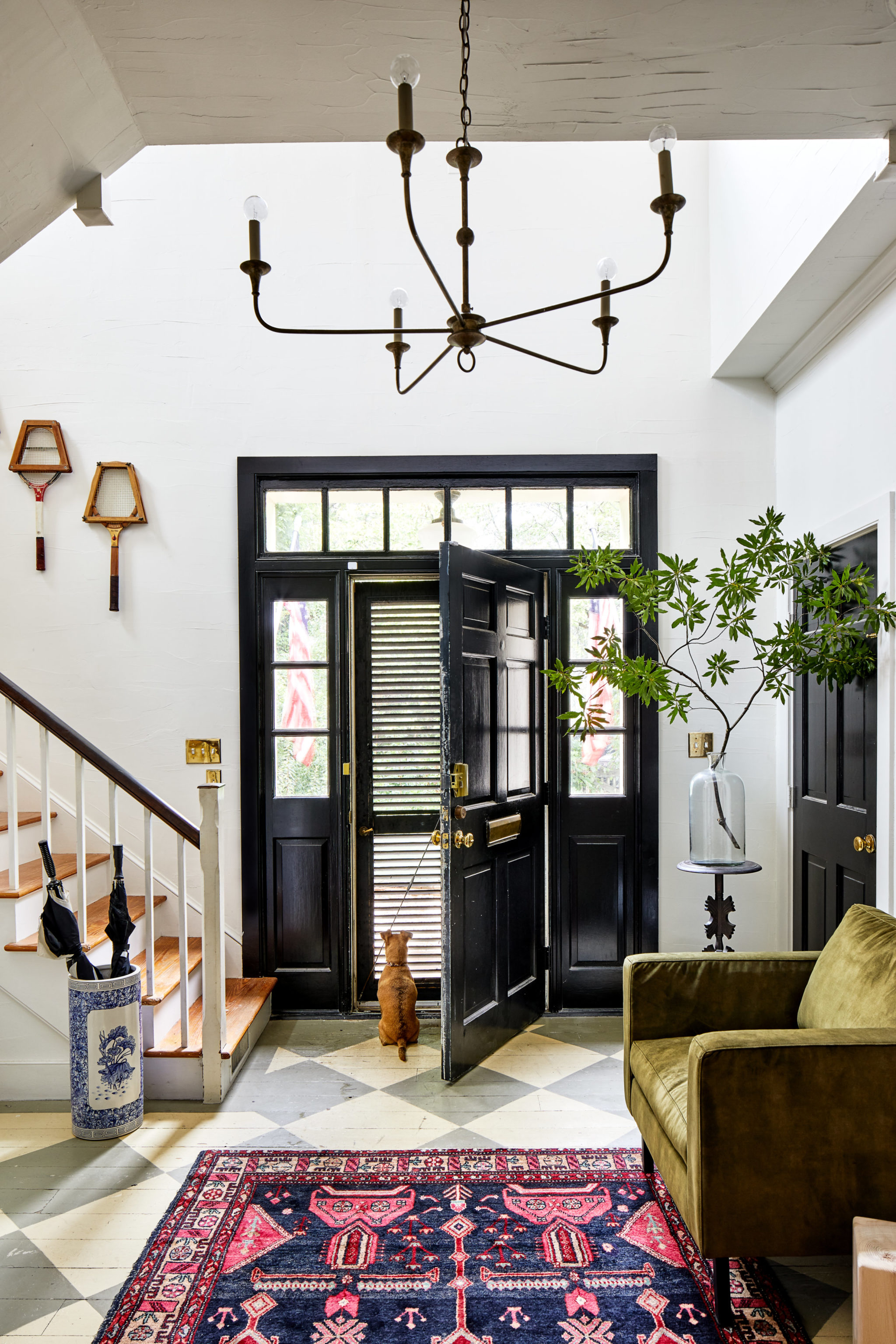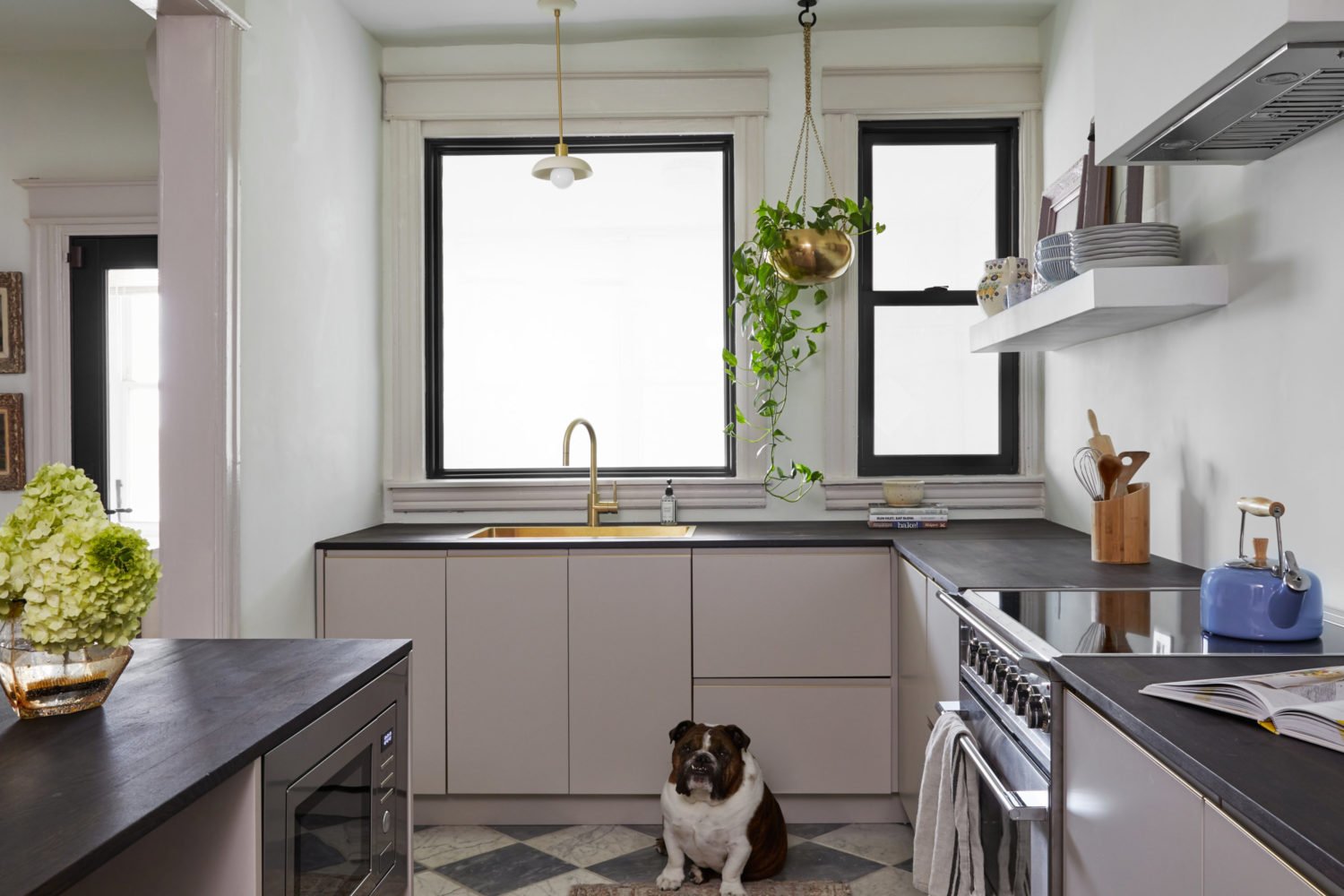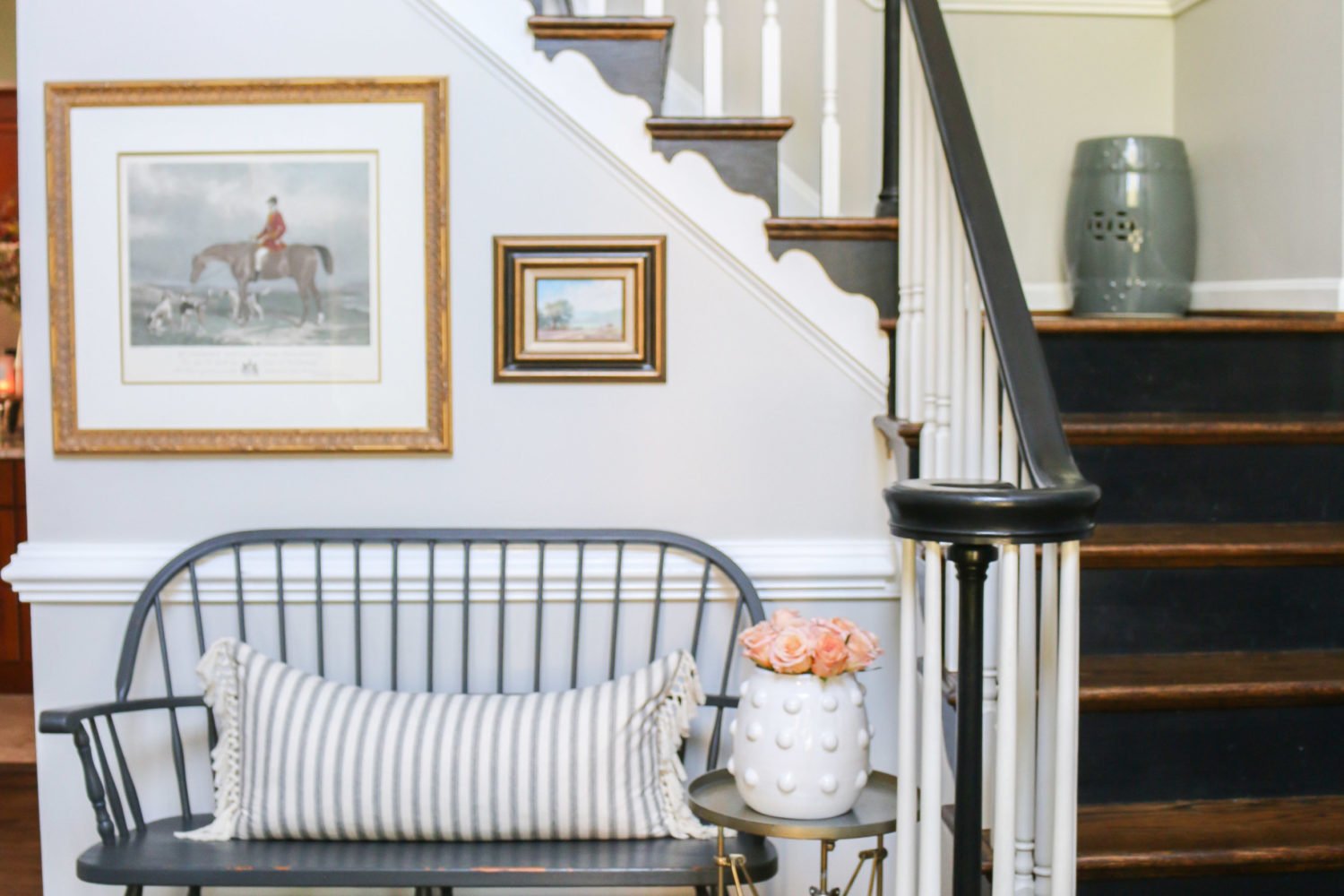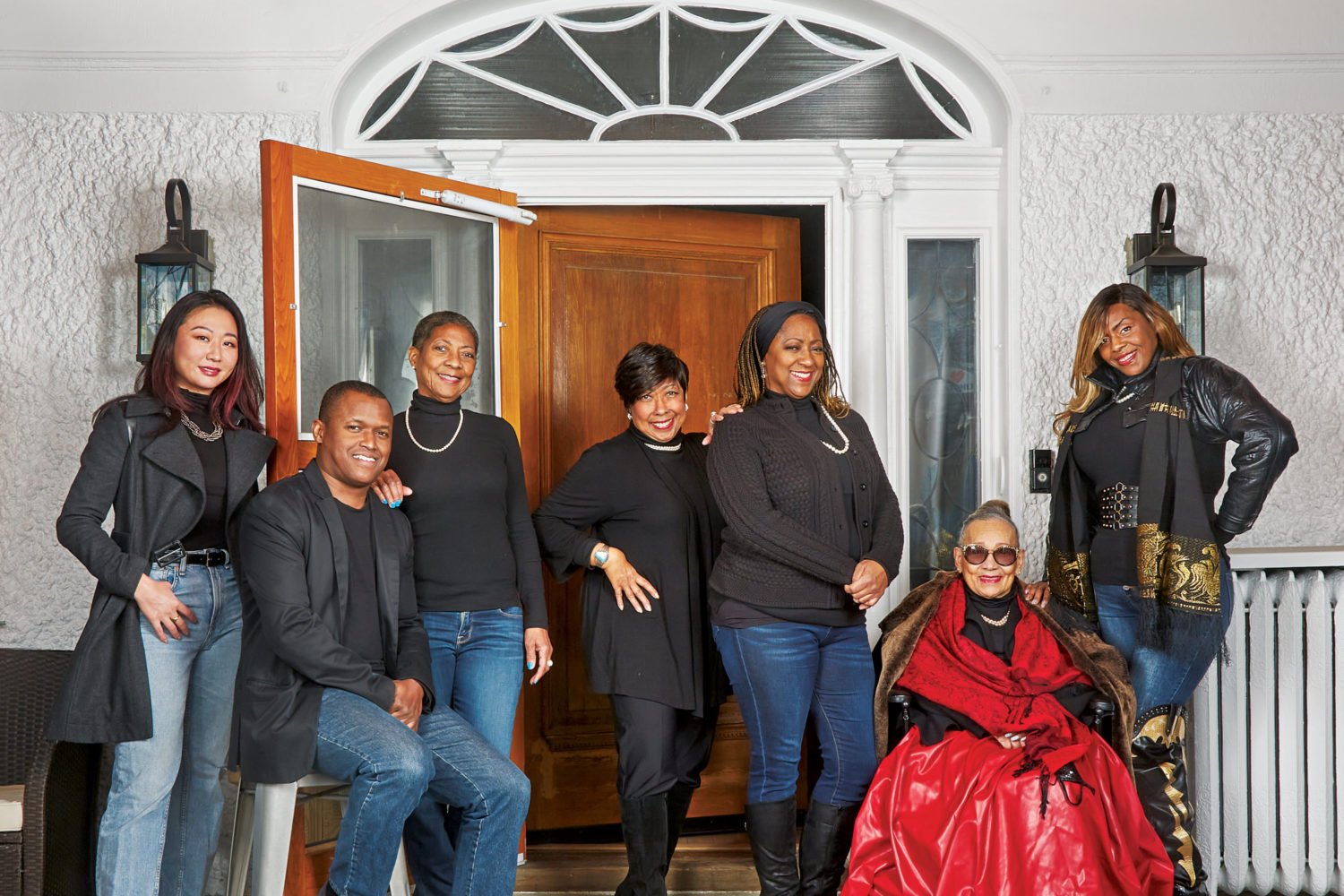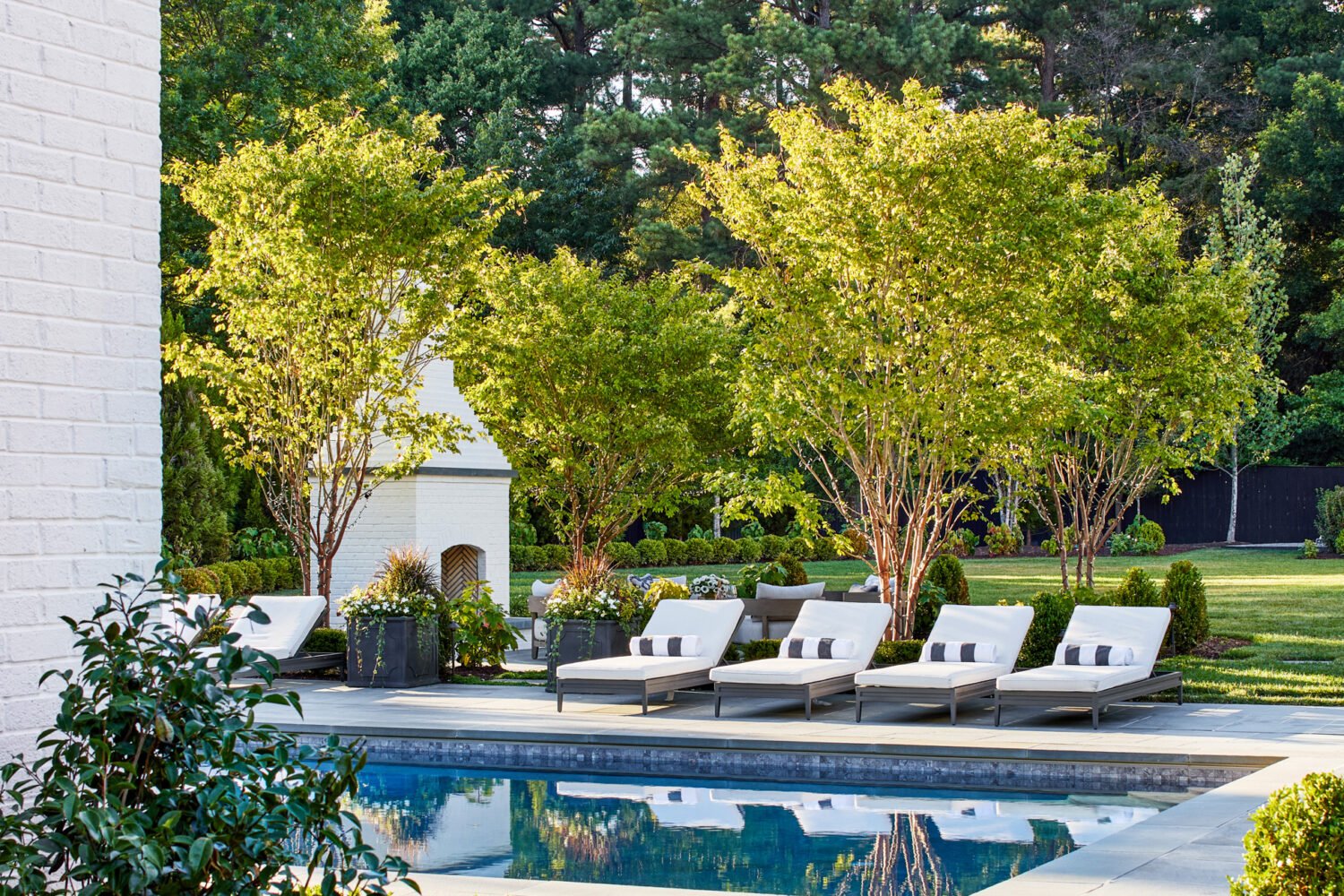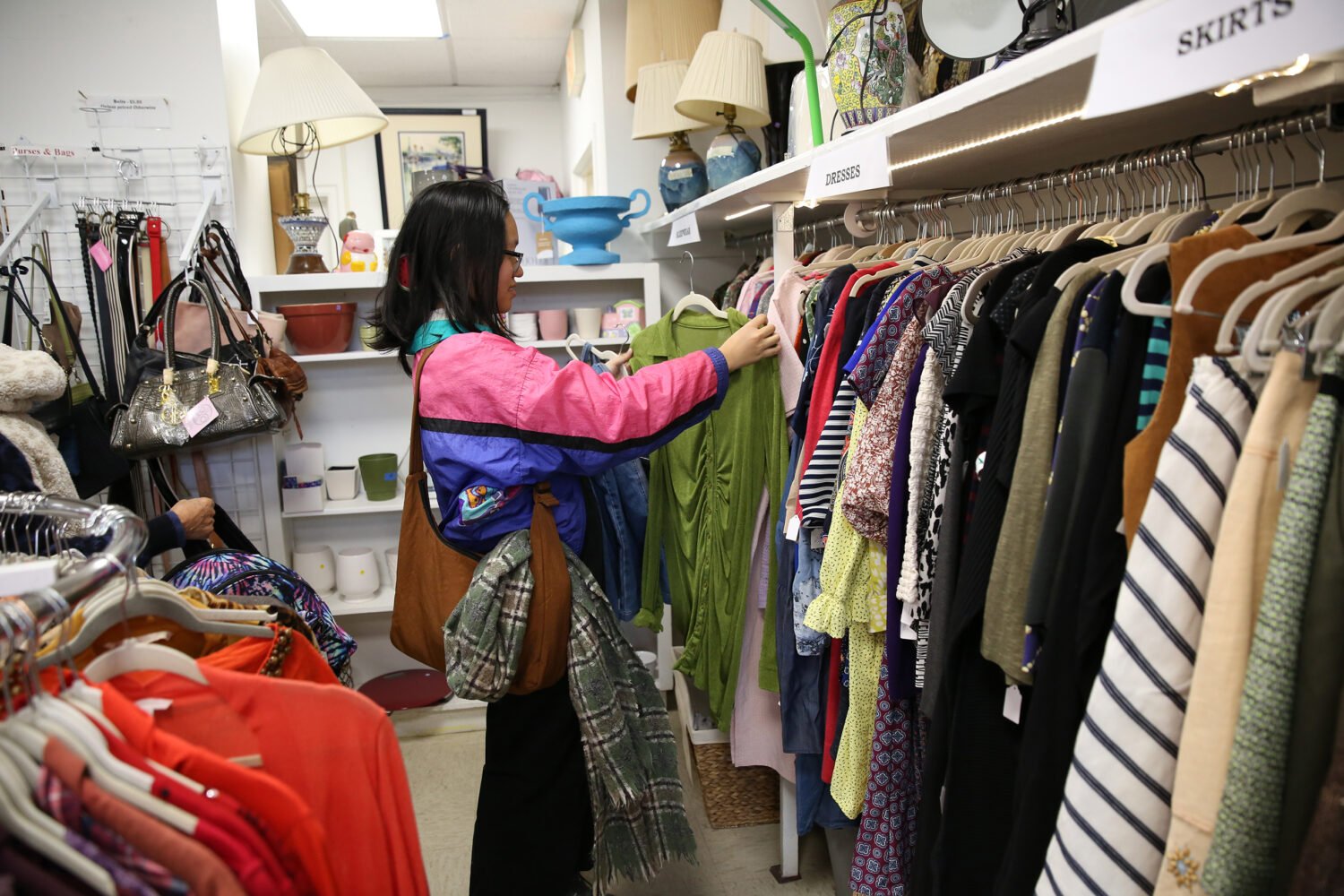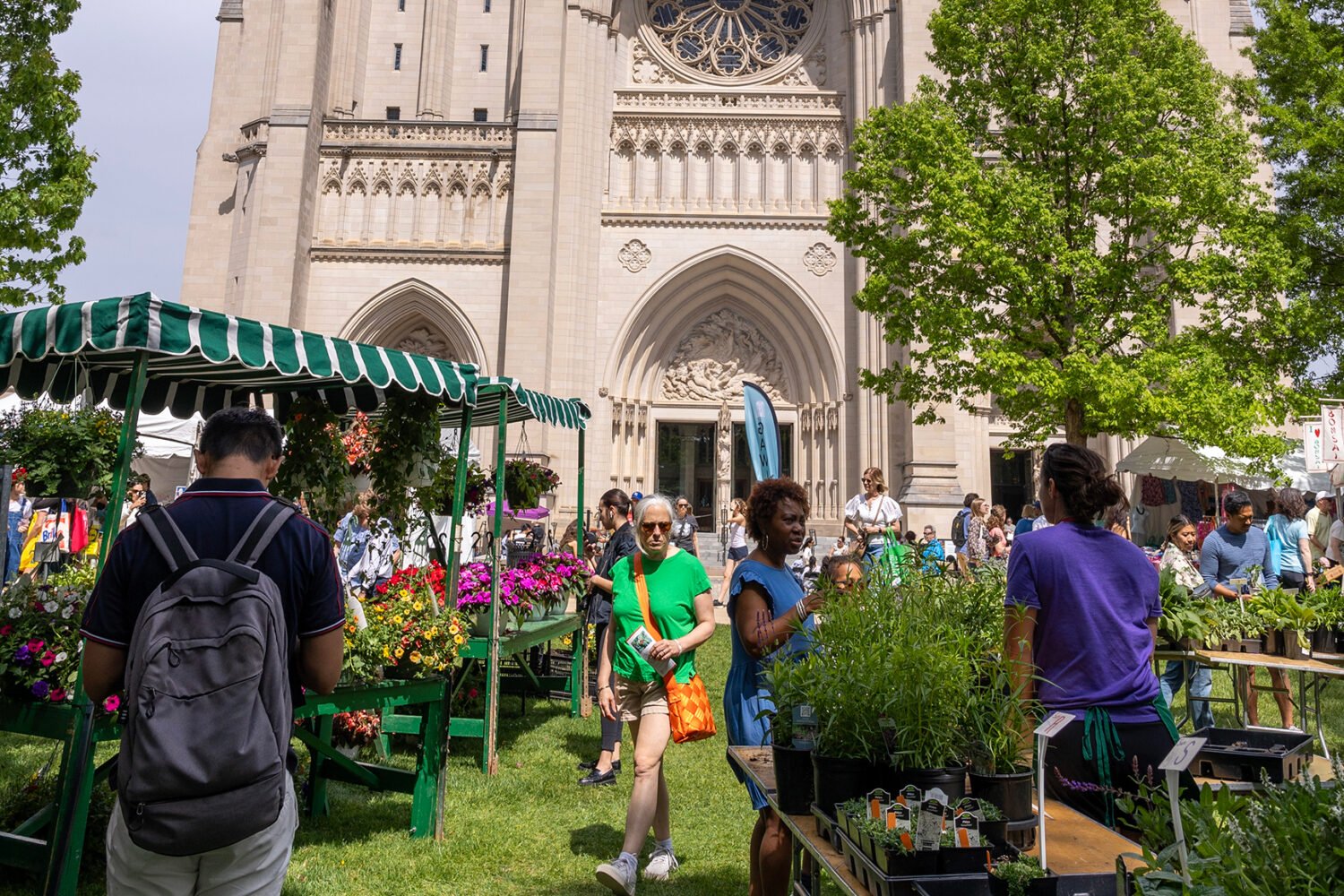One day in May 2020, after venturing only as far as the gas station for two months, Tessa Wolf decided she could no longer stand being cooped up in her Petworth rowhouse. The creative director for Framebridge—the DC-based bespoke framing startup—Wolf had considered finding a country place even before the pandemic. But quarantine had sent her Redfin habit into overdrive, and now she was setting out for the little-known Eastern Shore town of Centreville, Maryland, where she’d found a handful of online listings that looked promising.
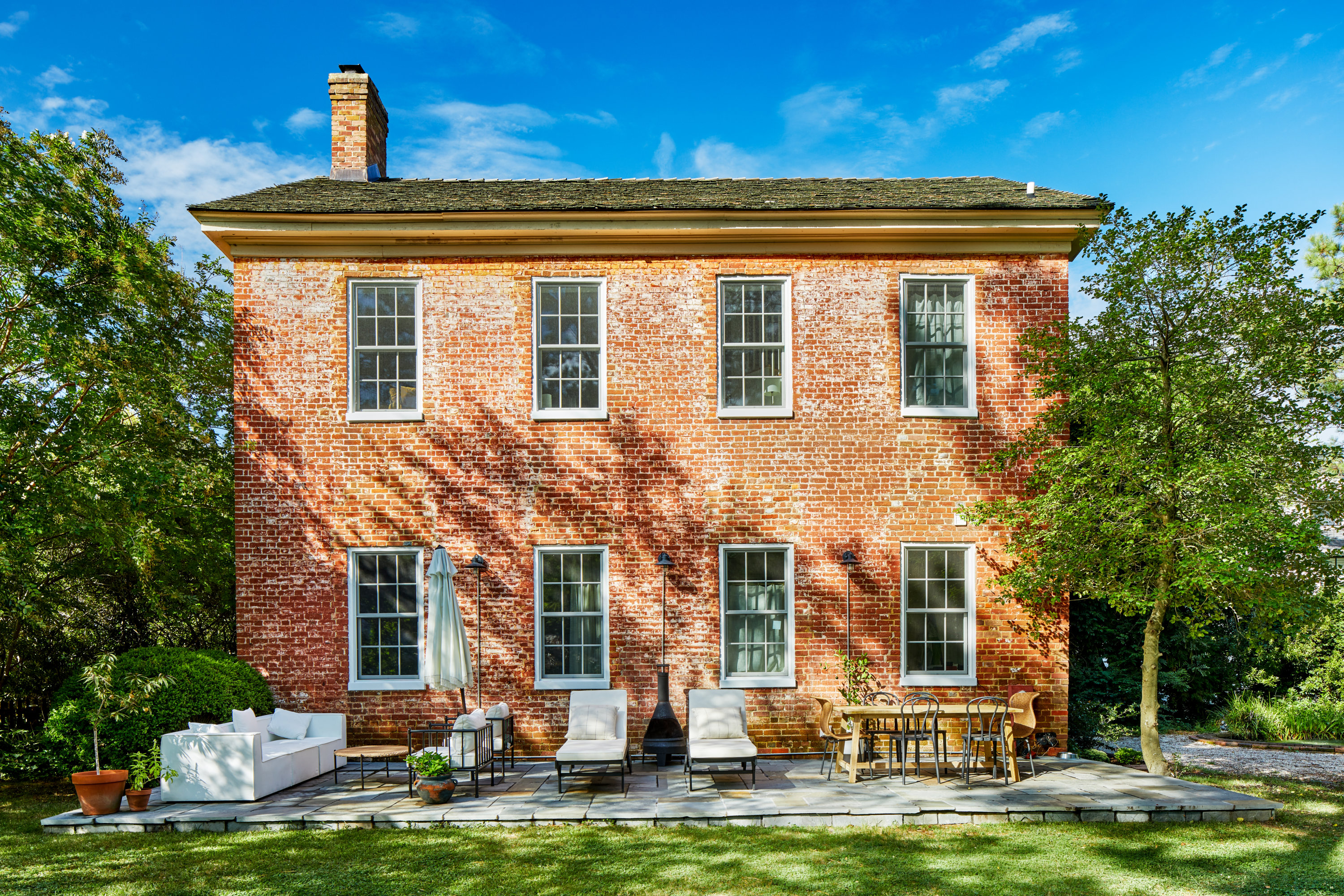
The property that caught her eye when she arrived, though, wasn’t one she’d ever seen before. “I just turned off the main road and I saw, set back, this overgrown old schoolhouse,” she says. “I was like, What is that?” She got close enough to spot a for-sale sign, obscured among the trees and vines. Within a couple weeks, she was back—this time with her husband, David Lee, a corporate financial consultant—to tour the inside. The place needed work, but the bones were right. “It was just open and airy,” says Wolf, a freckle-faced North Carolina native who was hired as Framebridge’s first-ever employee back in 2014. “Even though it’s 220 years old, it didn’t smell weird or anything.”
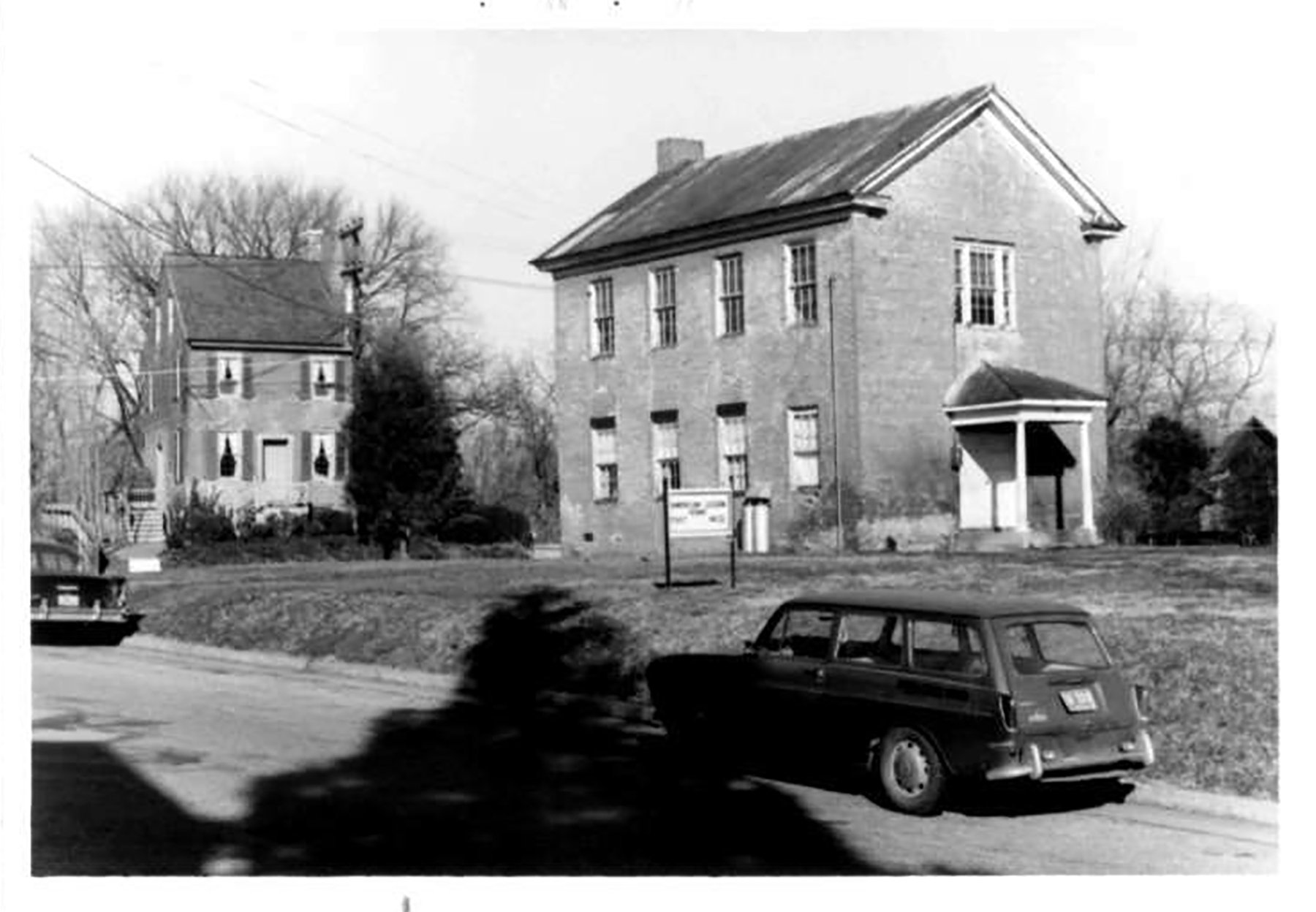
The couple, along with their min-pin/dachshund/pug mix, Muffin, moved in two months later, in July 2020, and have been fixing it up ever since. Originally the Centreville Academy for Boys, the house served over the years as an American Legion post and a bed-and-breakfast. Wolf has played up the historic character with her design choices, leaning heavily on vintage finds. “One thing I love about vintage furniture and antiques is how not only do they always come with a story of their own, but you often get to create new stories through the process of finding [them],” she says. “Craigslist pickups have taken me to tons of little towns on the Eastern Shore and in Delaware that I would have had no reason to find otherwise.”
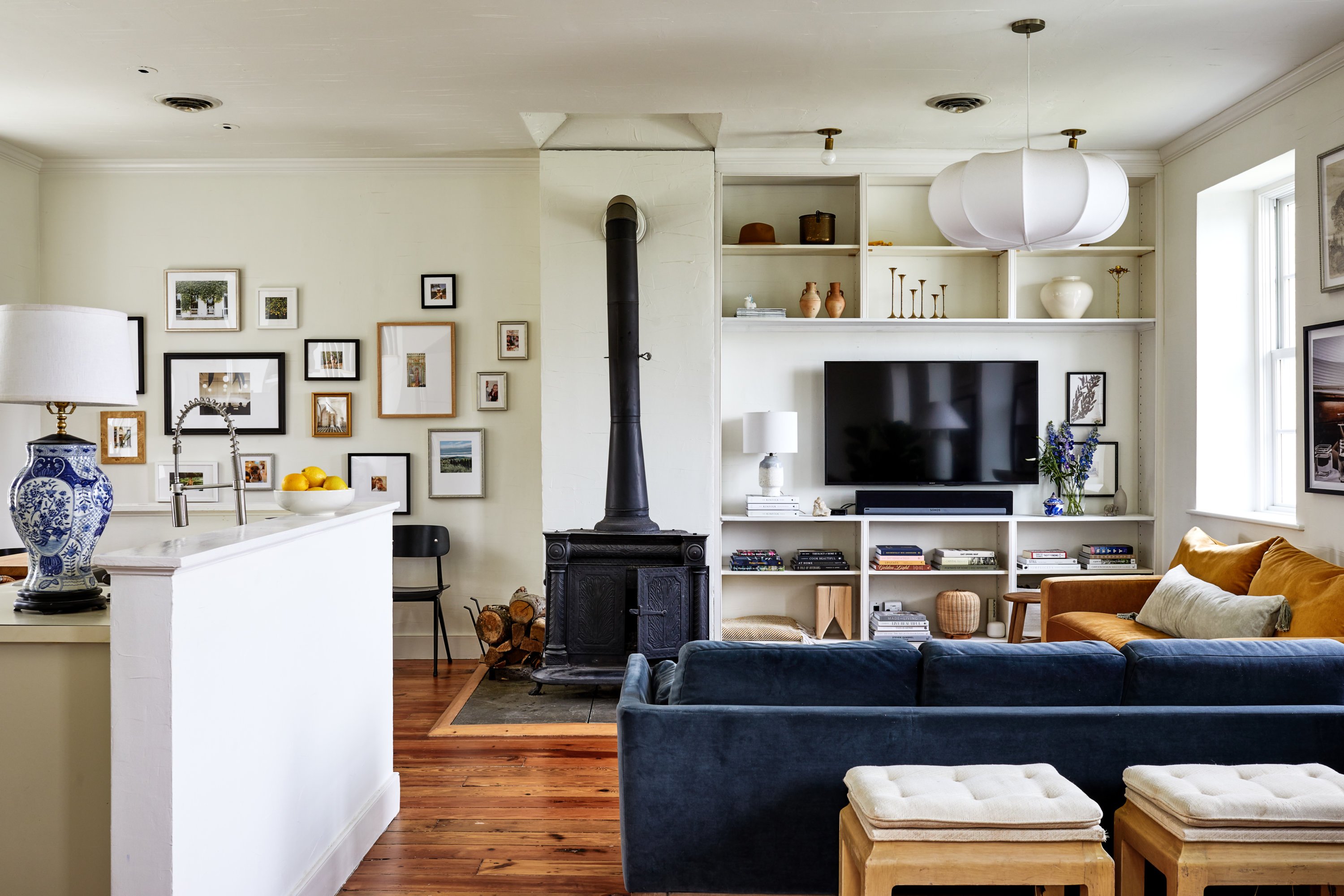
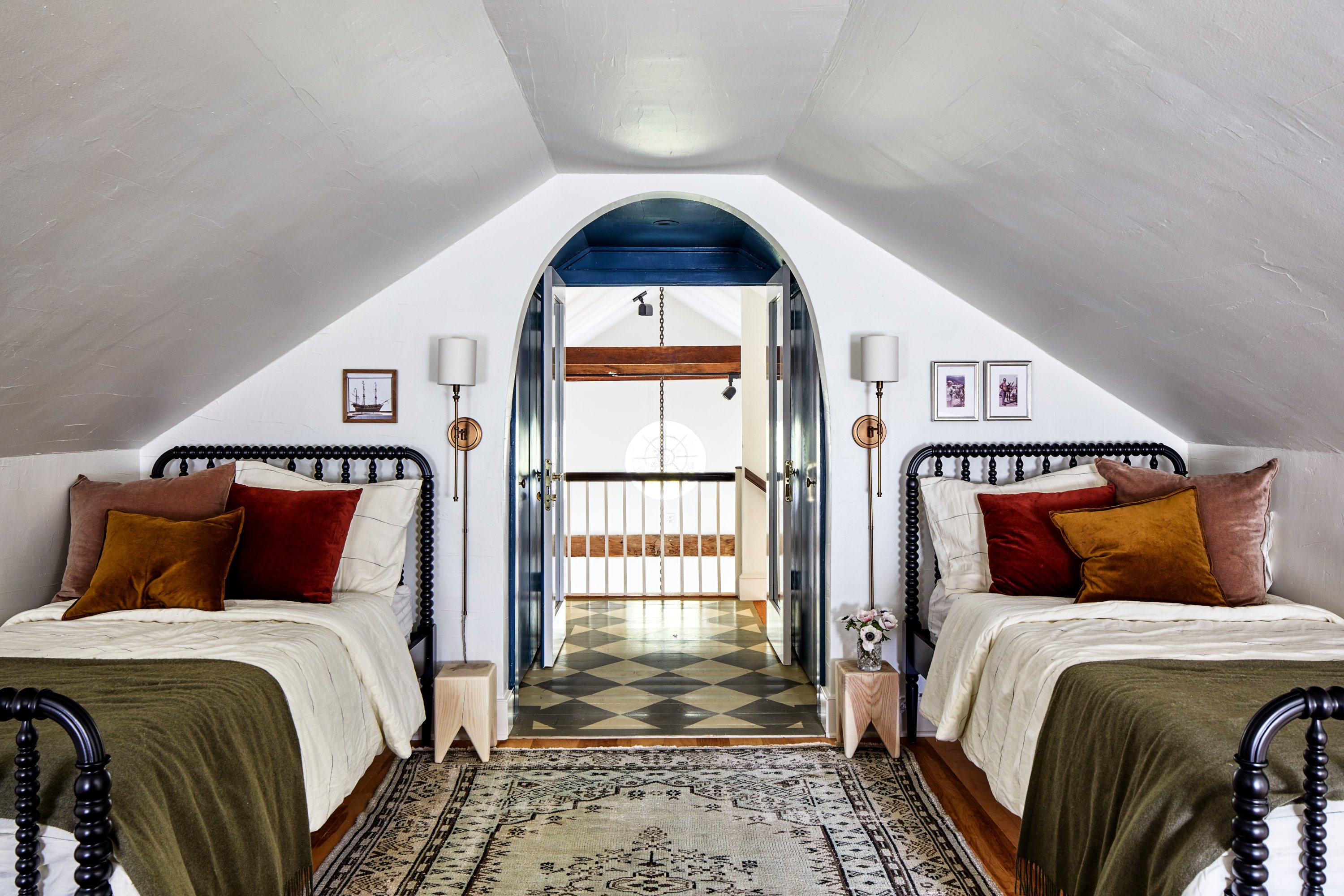
The home, sometimes a bit eerily, has also had a way of revealing its own past as Wolf and Lee have worked on it. Shortly after painting one of the guest rooms a pale blush, Wolf found a key in the house labeled “pink room.” A former neighbor confirmed that the key did in fact go with the bedroom Wolf had just painted. Turns out she’d chosen nearly the exact shade it had been decades earlier. Lee, meanwhile, has been busy cleaning up the yard, unearthing English-style gardens installed when the house was a B&B.
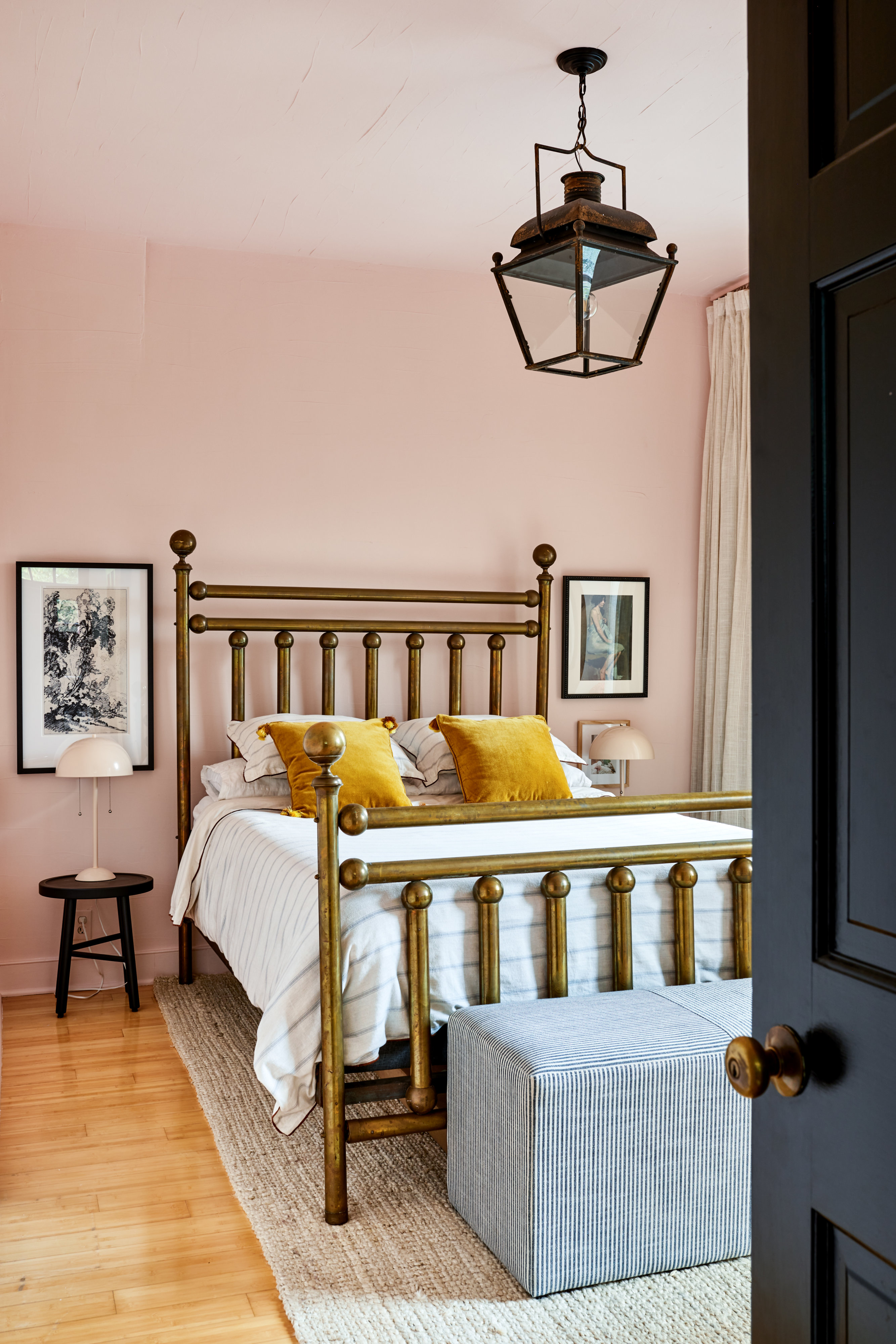
The couple has remodeled one of three bathrooms, choosing finishes—soapstone countertops, terra-cotta floor tile from the 1800s—that would have been around when the school was built. They’ll take the same approach with the kitchen remodel, which they plan to start soon.
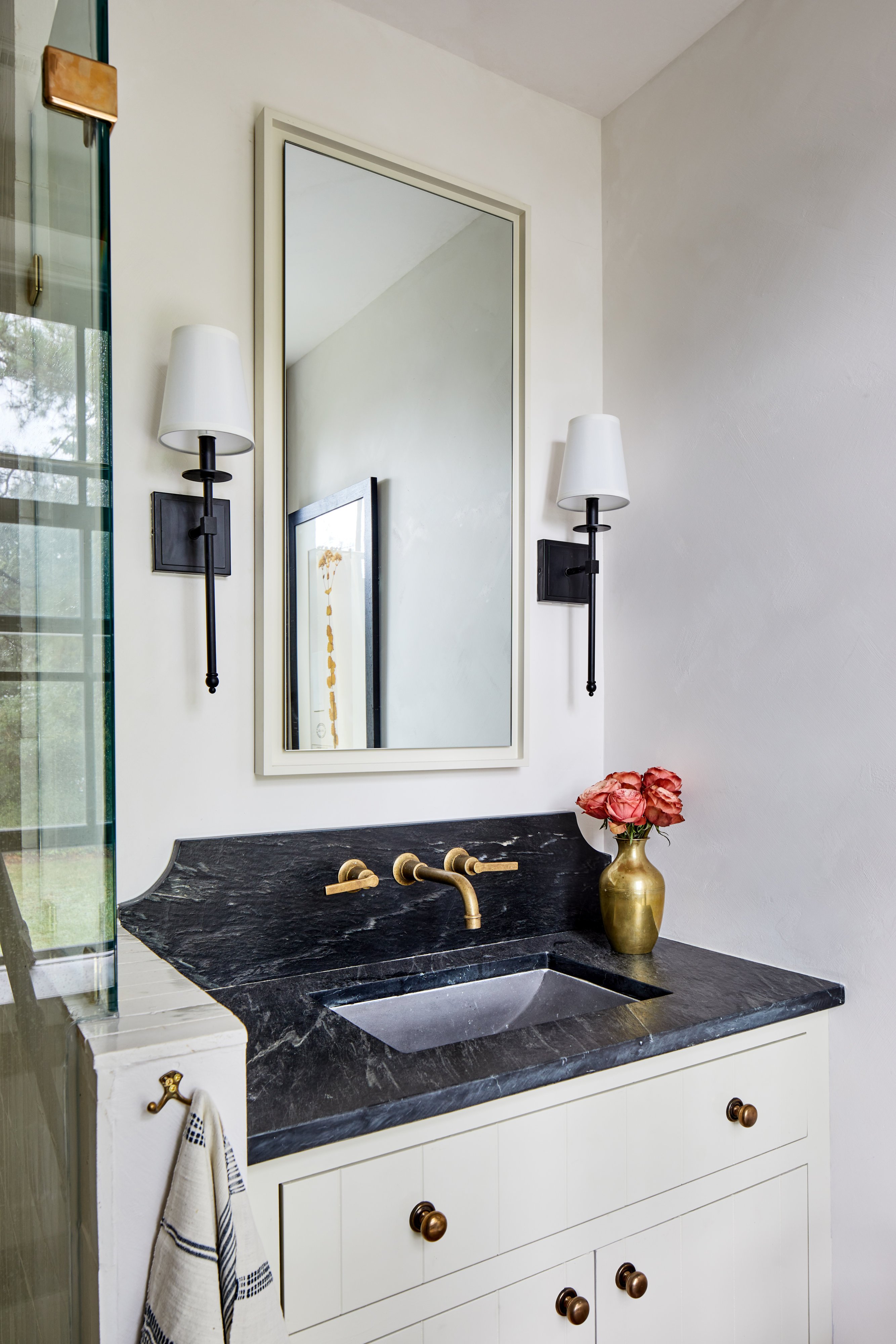
This past July, a year after buying the schoolhouse, Wolf and Lee sold their place in DC. “When we would go back, it felt like everything was really closed in, and everything was so loud,” says Wolf.
For now, Centreville—population 4,700—has just about everything they need. On the Corsica River in Queen Anne’s County and only about an hour from DC, the town has a waterfront park, bike trails, a few restaurants, a coffee shop, a brewery, a farmers market, and, according to Wolf, other new couples from Washington. So far this year, home prices there are up by about 10 percent.
Wolf says she and Lee will have to find another city place eventually, but they’re not in any rush. The schoolhouse has come to feel a lot more like a primary residence than just a weekend one.
This article appears in the November 2021 issue of Washingtonian.

